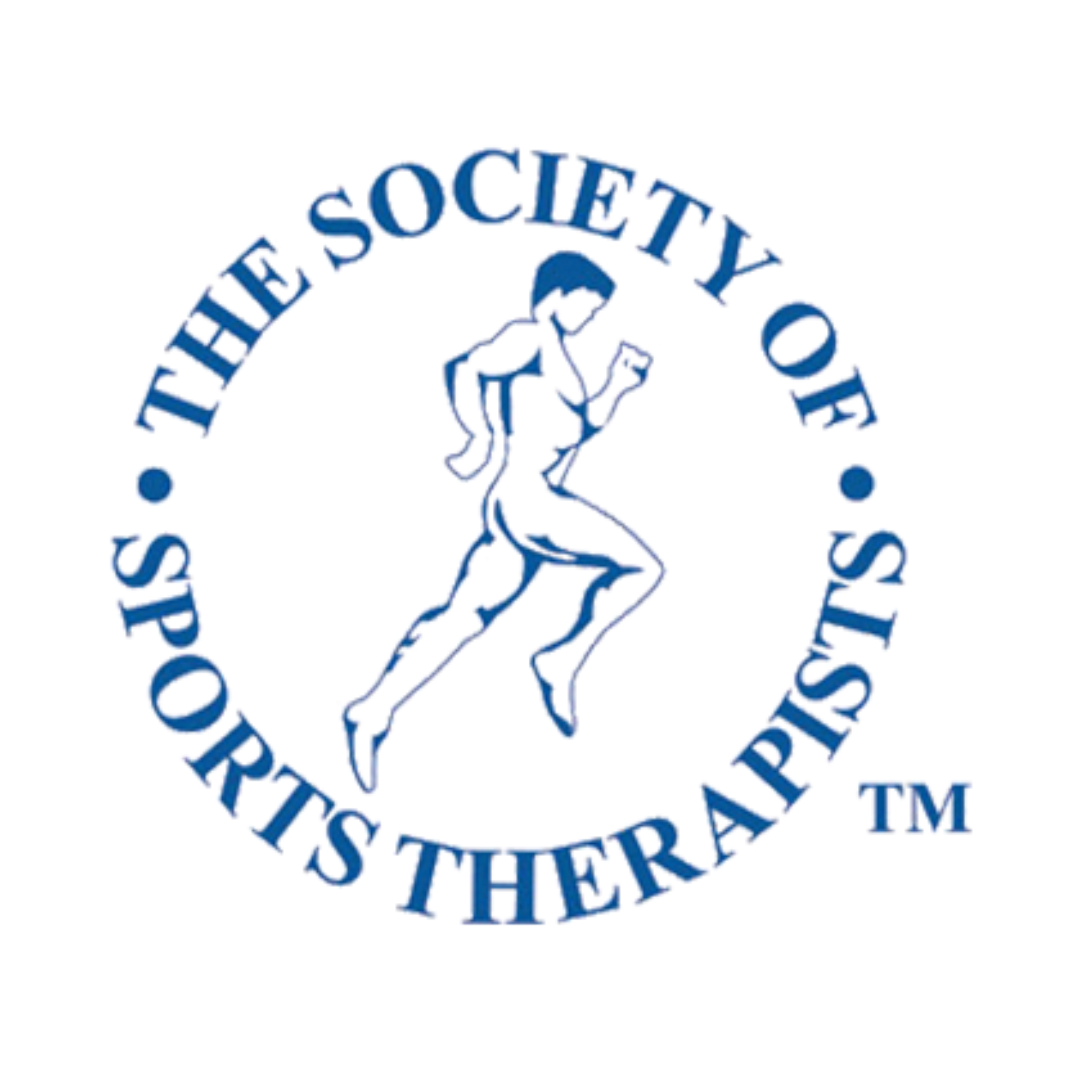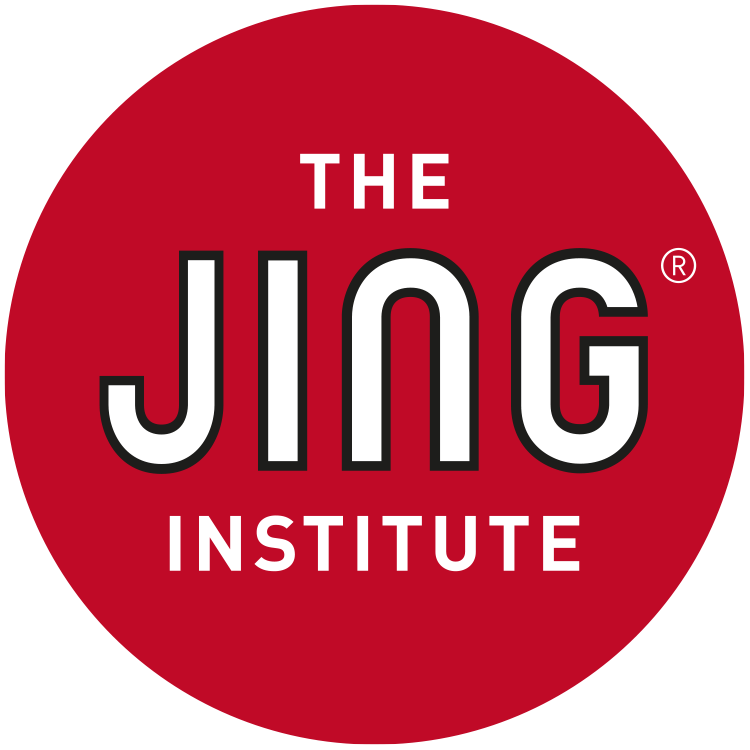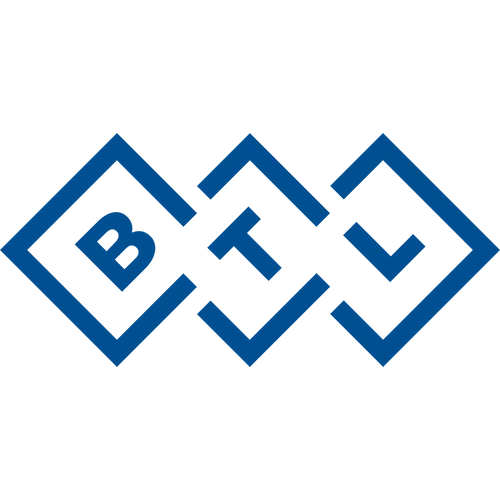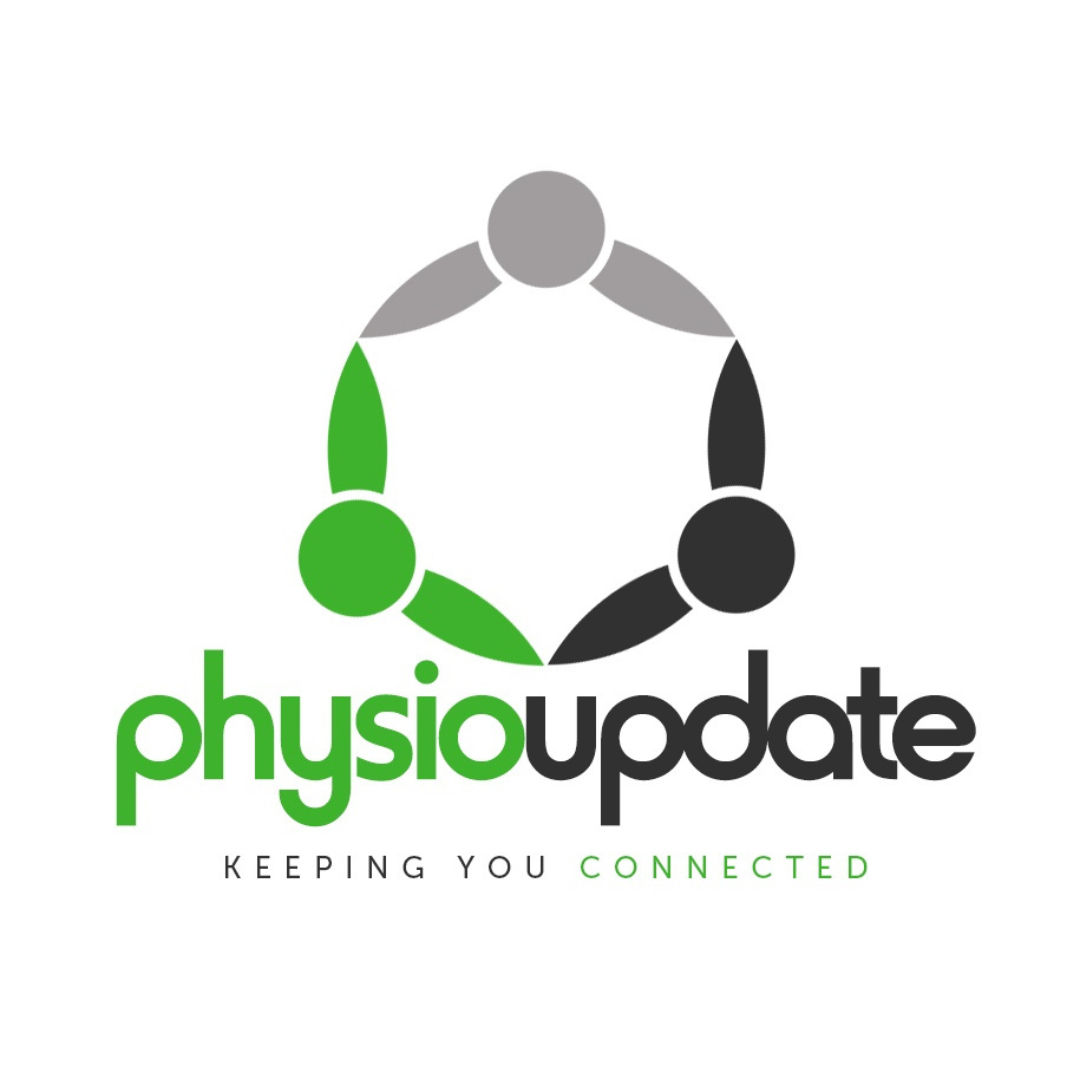Session spotlight: Tick Tock Efficiency – Manipulating short appointment times to maximise patient outcomes with Mike James
)
About the speaker: Mike James, ‘The Endurance Physio’
Mike James is a highly respected physiotherapist, endurance coach, and educator with a unique background. A former military physical training instructor and international ultramarathon competitor, Mike combines deep clinical knowledge with decades of hands-on experience. He holds Masters’ level degrees in both Physiotherapy and Sports Medicine as well as degrees in Sports Rehabilitation, Strength and Conditioning and Sports Science and now lectures at the University of South Wales.
Mike’s passion is helping therapists and patients alike understand the evidence base by sharing his message into understandable and applicable content.
Clinical efficiency & communication in practice
In his thought-provoking session at Therapy Expo 2024, Mike challenged clinicians to shift from doing more to, doing what matters. Instead of seeking more time with patients, he urges healthcare professionals to ask themselves: Am I making the most of the time I already have? Through better communication, streamlined treatment strategies, and sharper clinical reasoning, Mike shares how clinicians can achieve greater outcomes with limited appointment.
Communication is key
With a military background, Mike drew on inspiration from fields like hostage negotiation and criminal profiling to highlight how powerful communication can be when used purposefully. In his session, he explained how instead of overwhelming patients with information, they should ask clear, focused questions:
-
“If you could only achieve one thing today, what would it be?”
-
“What matters most to you right now?”
-
“What's the biggest barrier between you and your goal?”
He explained how these questions help focus the session and prioritise what would be the ideal outcomes for the patient.
Rethinking exercise prescription: less is more
A common mistake Mike highlighted was overprescribing exercises. Giving patients six or more exercises reduces adherence and wastes clinical time in follow-up appointments. Instead:
-
Prescribe only 1 or 2 exercises.
-
Focus on progression (speed, reps, load, range).
-
Aim to evolve exercises, not replace them constantly.
-
Use tech when needed, e.g. film exercises on the patient’s phone with narration.
This approach leads to better involvement from the patient, clearer goals, and more effective rehab in the long term.
Clinical reasoning: identifying important information
Mike explained the importance of not just collecting masses of information when questioning a patient but understanding what is going to be clinically relevant. He urged practitioners to develop the confidence to leave things out:
-
Don’t assess everything – test what matters.
-
Ask the “So what?” question before every action.
-
Recognise and discard irrelevant history (e.g. a fall from 30 years ago that hasn’t contributed to current symptoms).
As experience grows, assessment becomes more about flexible thinking than rigid protocols.
Developing soft skills
Mike explained that whilst most clinicians often focus on hard skills (tests, analysis, diagnoses), it is often soft skills that make the biggest impact. These include:
-
Active listening (not just waiting to speak).
-
Practicing subjective assessments through roleplay.
-
Learning to be concise and ask meaningful questions.
-
Framing sessions in 30 seconds to manage expectations.
Using systems wisely
Mike then explained how technology and clinical systems can often help, but they can also often hinder the process. Mike advised clinicians to:
-
Only use tools that save time, not add unnecessary implementation.
-
Avoid falling down the “tech rabbit hole.”
-
Streamline note taking, exercise delivery, and appointment management with intent.
Efficiency isn’t about the latest software—it’s about using what works for you.
Key takeaways: Think more, do less
Mike’s core message was simple: Do less but do it better. Focus on making the most of limited appointment times by refining communication, streamlining treatment, and sharpening clinical reasoning. This way, clinicians can be more effective, deliver better care, and optimise their patient’s outcomes.
Mike finished the session by posing a final question to the audience: “What’s the one thing you could do better tomorrow to make your practice more efficient and effective?”
Check out the full recording here


.png)
.png)

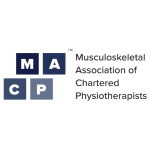
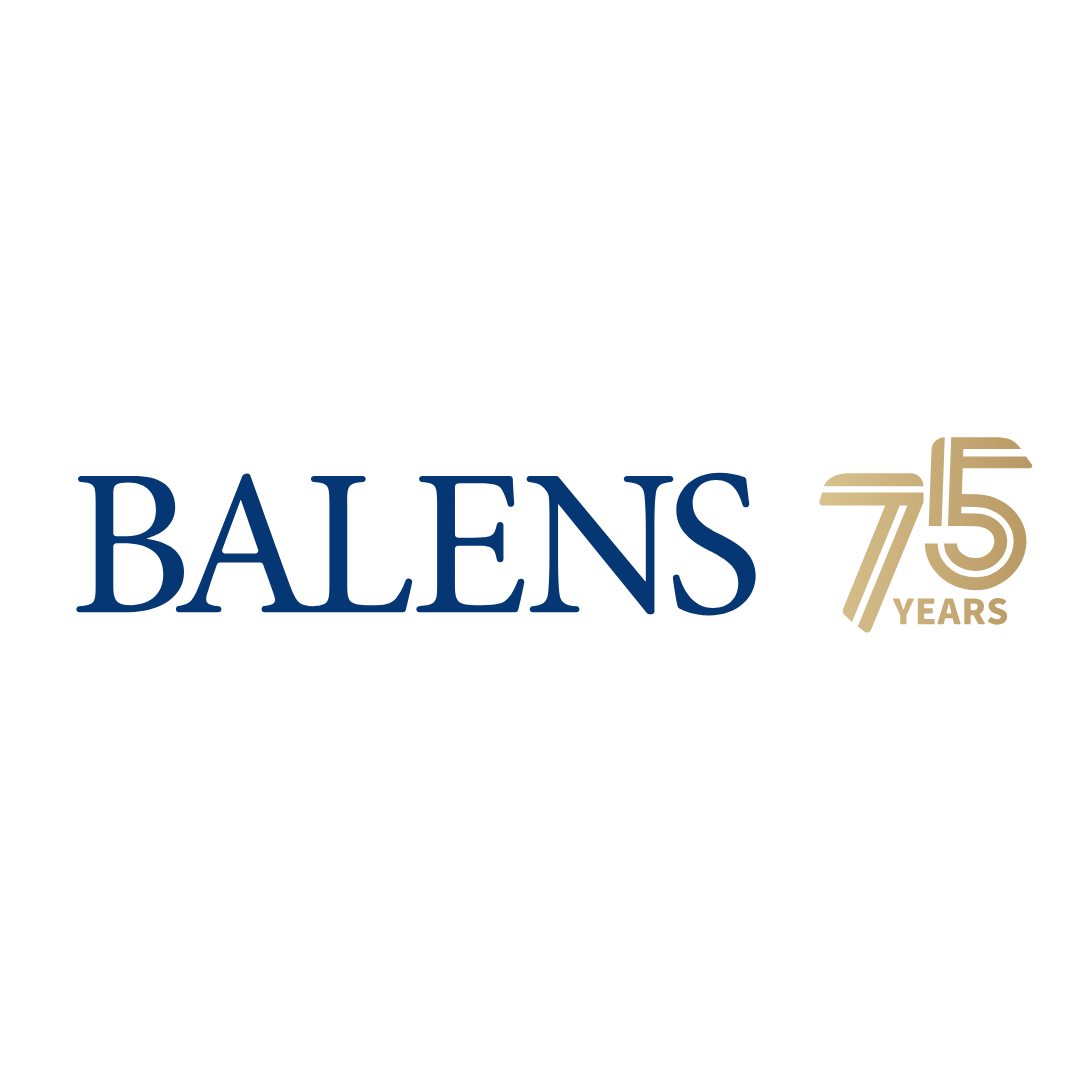
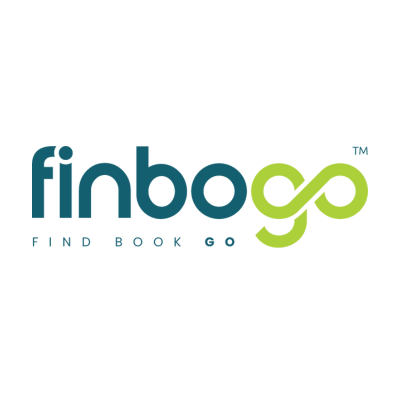
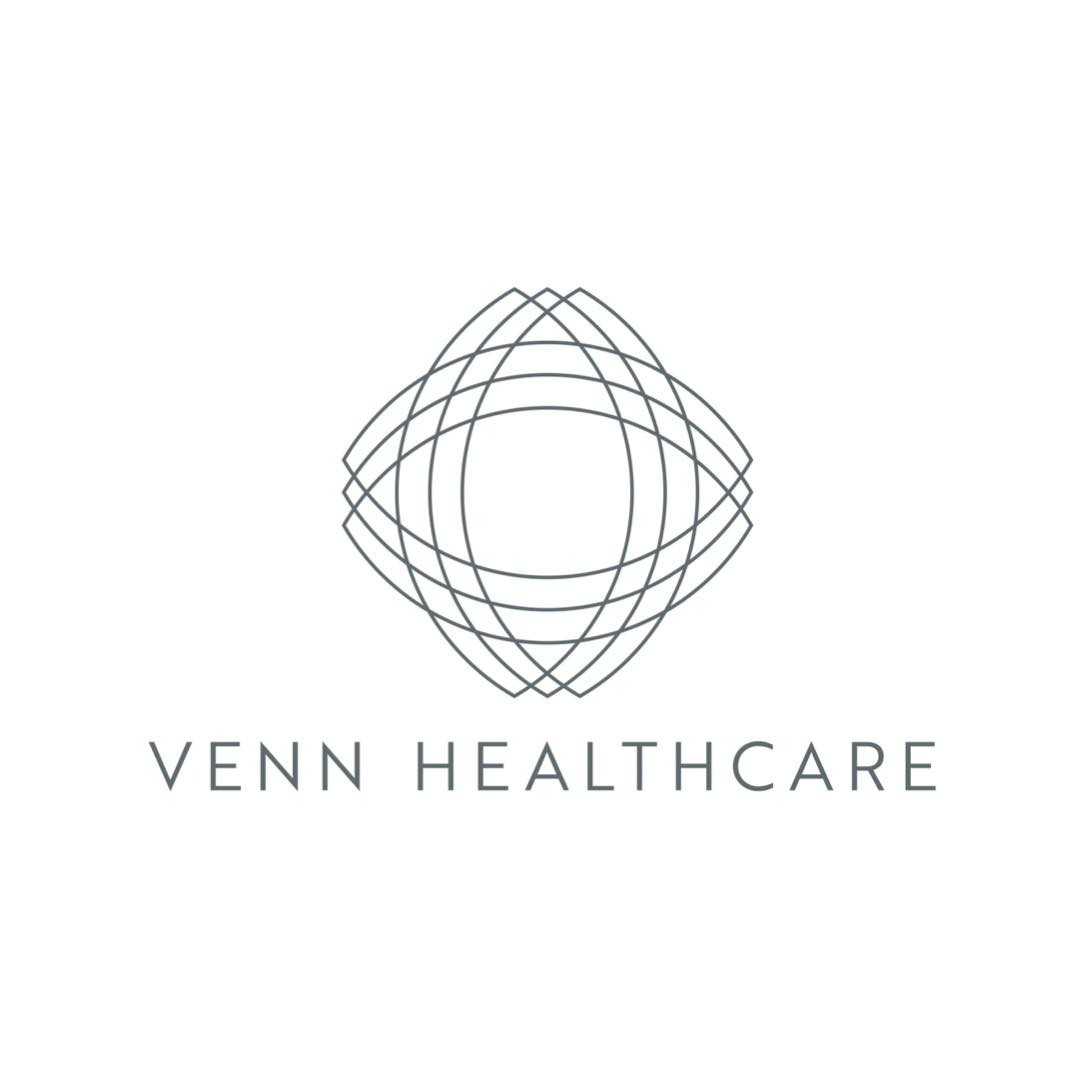
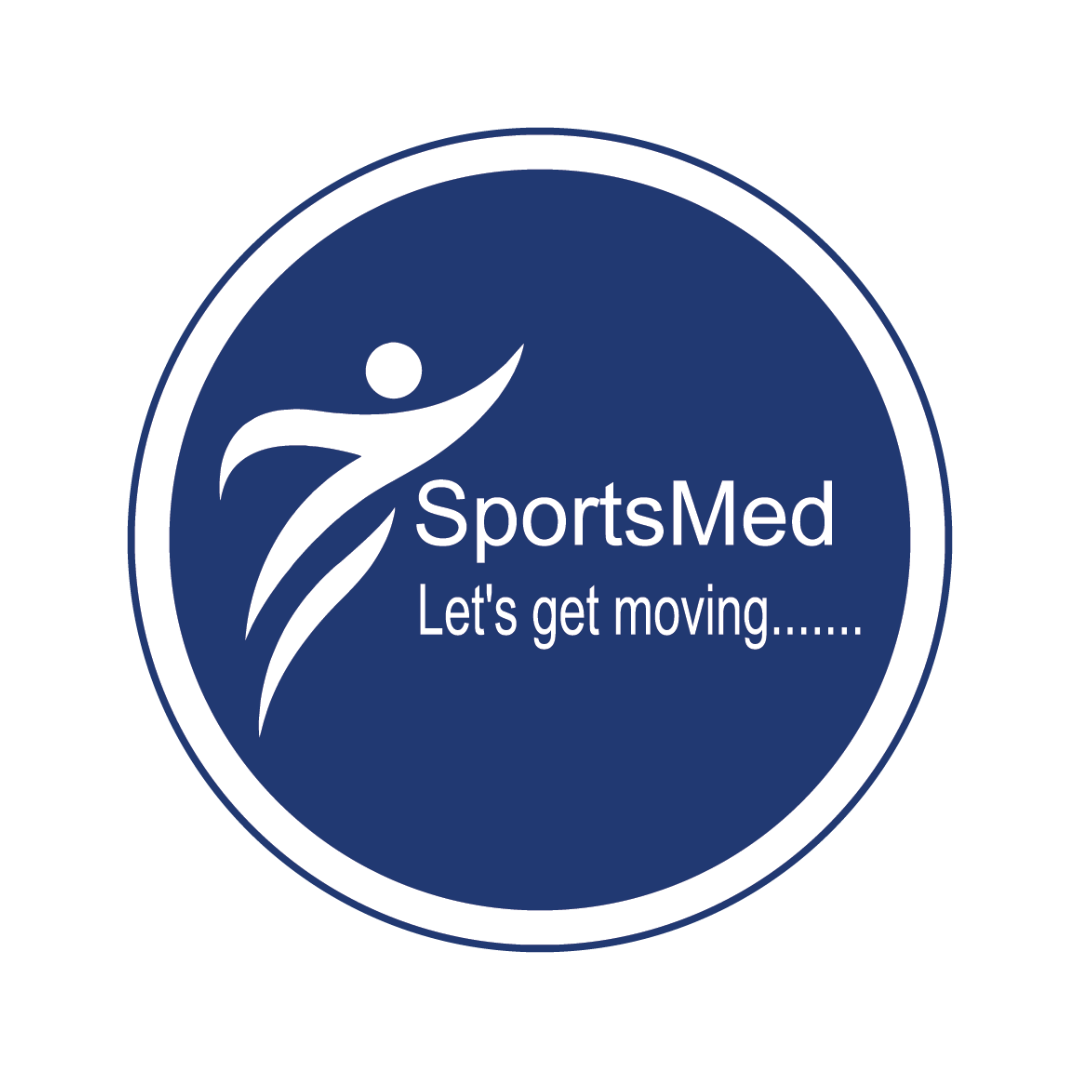
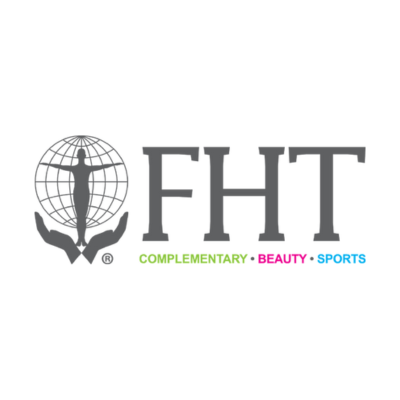
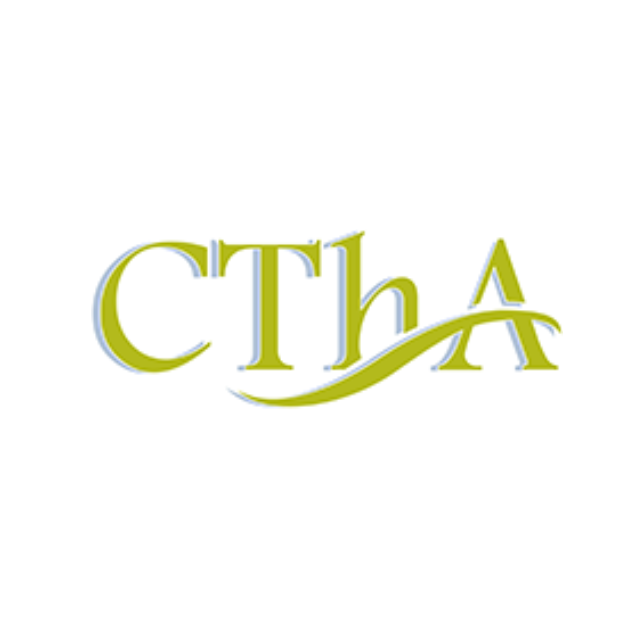
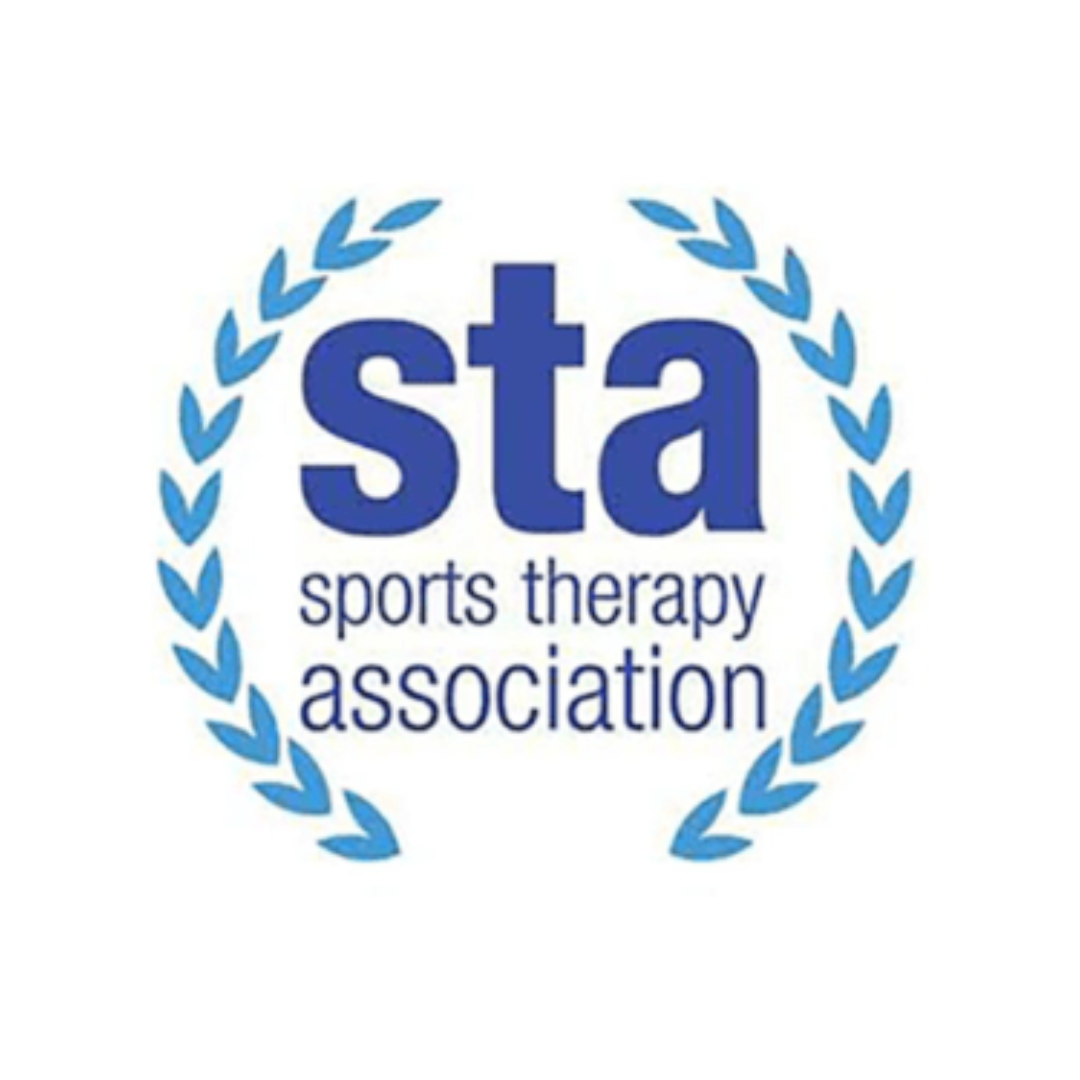
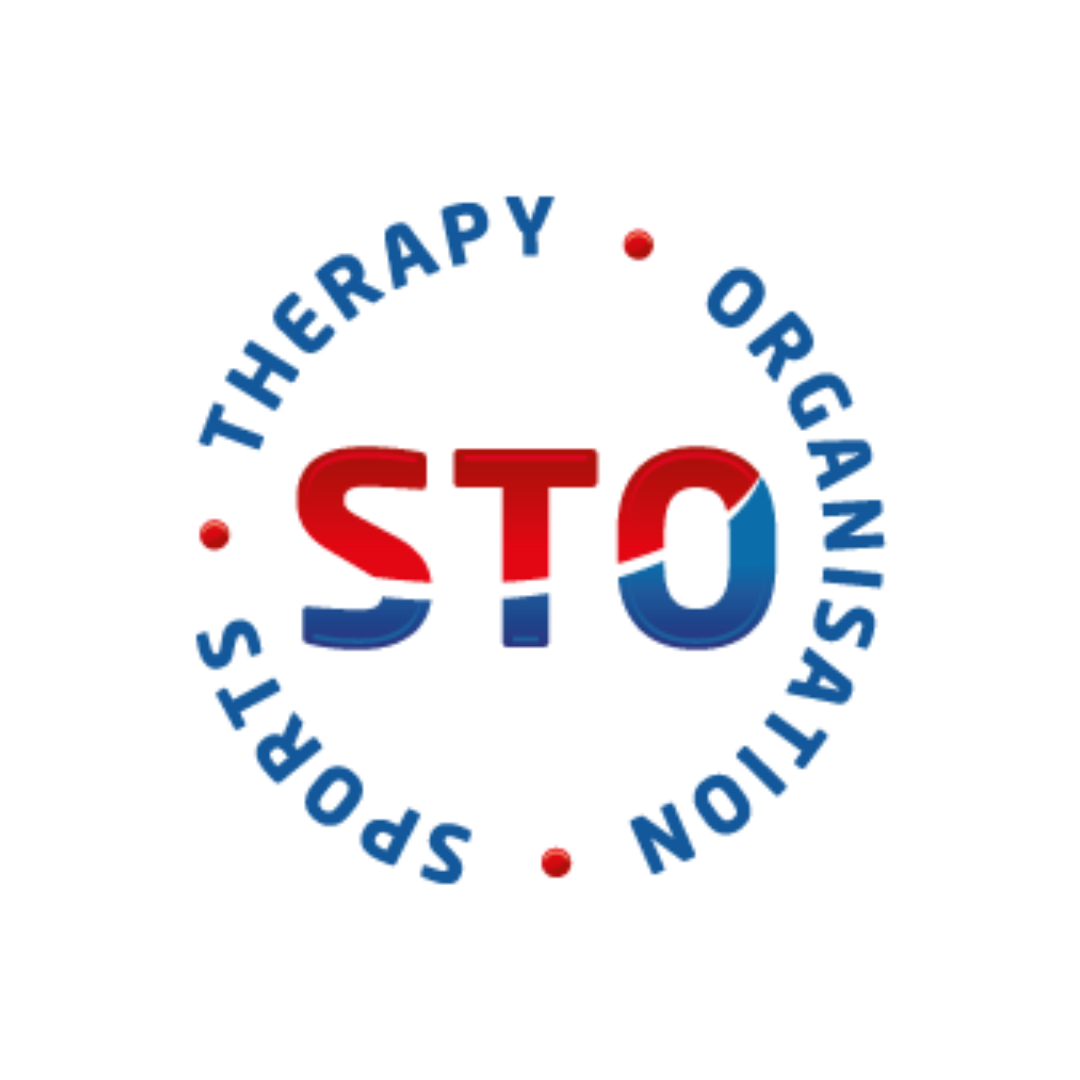

.png)
